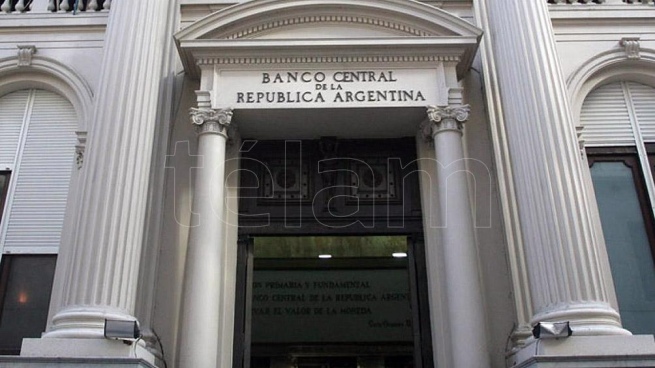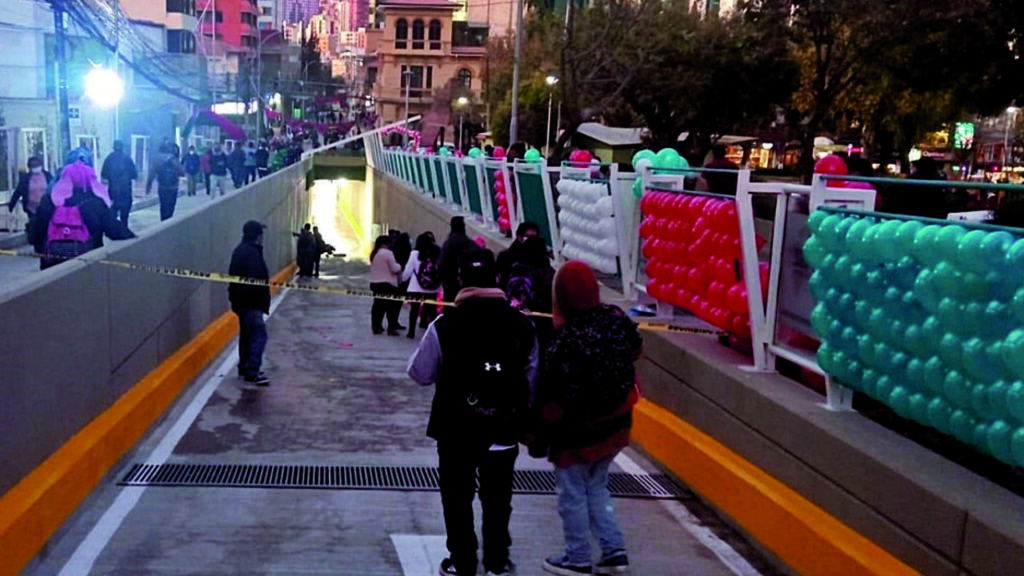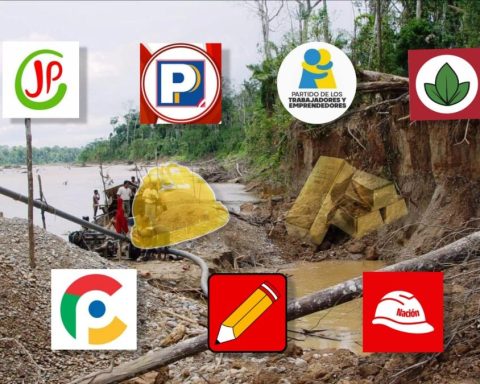The Central Bank (BCRA) closed the week with net purchases of US$520 million in the foreign exchange market, the best start for a month from May 2021expects to continue at this rate in the coming weeks and meet the goal of accumulating US$ 5,800 million in reserves set in the economic program agreed with the IMF hand in hand with a greater liquidation of the field.
Although agricultural export values reached record values in the first four months (almost US$11,100 million against US$9,755 million in the same period in 2021), export volumes were reduced at the beginning of the thick harvest due to logistical problems in some areas of the core zone and trade union conflicts.
According to data from the Congressional Budget Office (OPC), the collection of export duties was reduced 22% in April 2002 against April 2021 and 9.6% in the accumulated of the first four months of 2022 “product of lower records of quantities exported and trade union conflicts that affected the normal functioning of the agro-export sector”.
“Clearly april was a bad month in terms of pace of field settlement, which has to do with supply issues in some areas; there were logistical problems due to problems with diesel and other issues that will be corrected in May and June, surely,” he told Télam Ricardo Delgadoeconomist and director of the consulting firm Analytica.
“For this reason,” he maintained, “the next two months are key to reaching US$5.8 billion, a goal that we see as feasible but that the war was not there when it was proposed, and this puts pressure on the exchange balance.”
The combination of an increase in international prices -especially those of energy-, the reopening of activities linked to tourism and the payment of financial debts of companies with a lower volume of agricultural exports prevented the BCRA from adding reserves until this month.
#DataBCRA
Find the list of #MainVariables ▶️ https://t.co/g9kLloqEvL pic.twitter.com/rX73Cp7wv8— BCRA (@BancoCentral_AR) May 6, 2022
In the first four months of the year, the monetary authority had a net balance in favor in the Single Free Exchange Market (MULC) of only US$112 million when for the same period last year it had added US$3,639 million.
Historically, the period between March and July is the month with the highest income of foreign currency to the country, due to the harvest of the soybean and agro-export complex, and the moment in which the monetary authority seeks to add reserves before the requirement of the program presented to the IMF. , to accumulate US$ 5,800 million at the end of the year.
The latest Central Exchange Market Evolution report -with data at the end of the first quarter- showed that the payment for imports of goods was US$ 6,171 million in March 2022 while in March 2021 it had been US$4,510 million (+36.86%), mainly due to the increase in energy imports, which was US$1,381 million (+212%).
The data is added to service import deficit which was US$ 1,040 million in March (+271%), mainly explained by net expenses for “Travel, tickets and other card payments”, “Freight and Insurance” and “other services”.
“Hereinafter the liquidation of the field is coming strong but there will be a lot of stepping on imports if that does not happen; if you scrape by in the coming months the US$6.4 billion that you have to add throughout the year, the problem is going to be in the second half, where there will be no counterpart of exports from the countryside,” Amilcar Collante told Télam , economist from the UNLP and founder of the Center for Economic Studies of the South (Cesur).
According to Collante, to the pressure on the reserves that the price of energy brings, we must also add card consumption abroad and hoarding that “implies an extra demand of US$ 7,000 million that was not there last year.”
“The key point is going to be in June and July; what cannot be accumulated until then will not come later,” he stated, and warned: “Unless there is a waiver (exemption) from the IMF, if the program closes badly, with more adjustment of imports, more inflation and less activity”.
According to the former president of the Central Bank and director of Fundación Capital Martin Redradothe dilemma facing the Government is that of “short blanket” in which “if you accumulate reserves you are not giving dollars to the private sector so that it can buy supplies and, therefore, that falls on the level of activity and on inflation”.
“In recent days, the Central Bank has taken up the issue of not stopping importing more from anyone; that is why it has been able to buy US$150 or 180 million per day, but it is not a sustainable dynamic over time,” Redrado said in a interview with the YouTube channel Plan M.
For his part, Delgado maintained that The Government will pass “without problems” the first review of the goals set in the agreement with the IMFalthough “the goal of June is more challenging”.
“If energy demand gets tough, you may have to step on imports,” the Analytica director said.
At the same time, he pointed out as a probable measure of the Central Bank to raise active interest rates on current account advances -one of the main ways for companies to finance imports- which today runs at 39.7% per year, almost 20 points per below inflation, to loosen the demand for imports that is going through record levels.
“It is going to be necessary to give a new thread on the side of the active rate, (the president of the BCRA, Miguel) Pesce already said it; on the other hand, I do not see the Government accelerating the devaluation rate in this quarter because the dollars go to enter; there may be a conflict with the Fund because of that,” said Delgado.
















